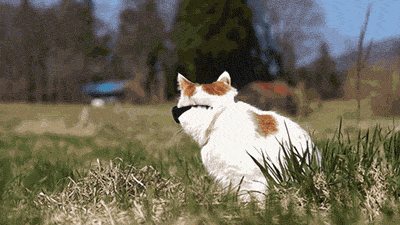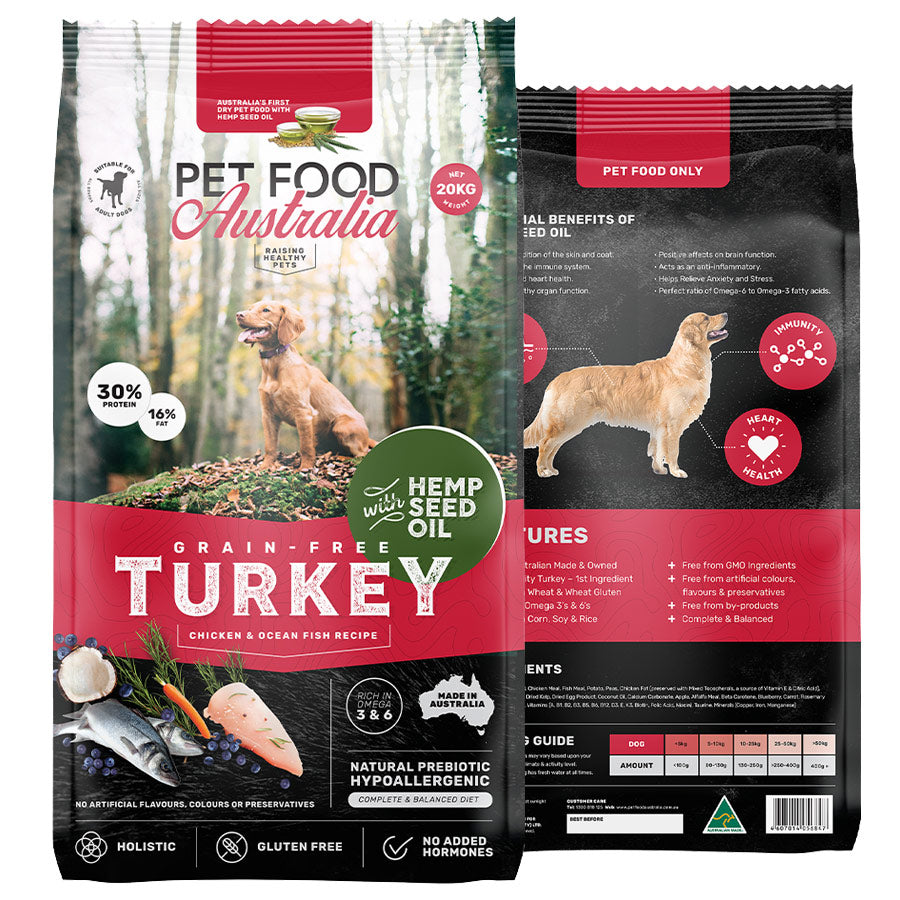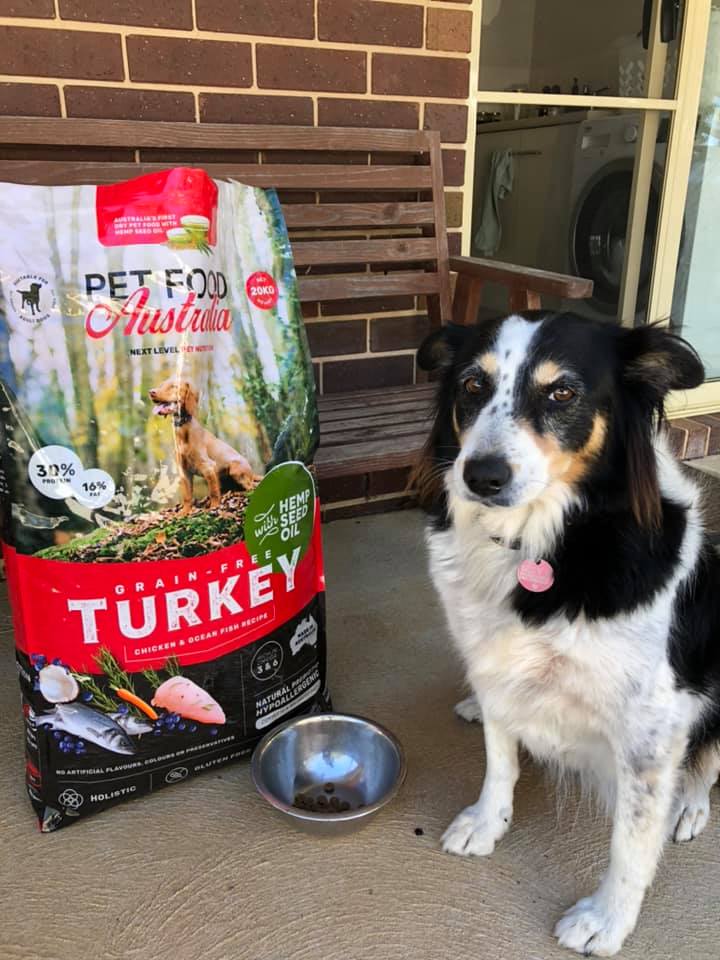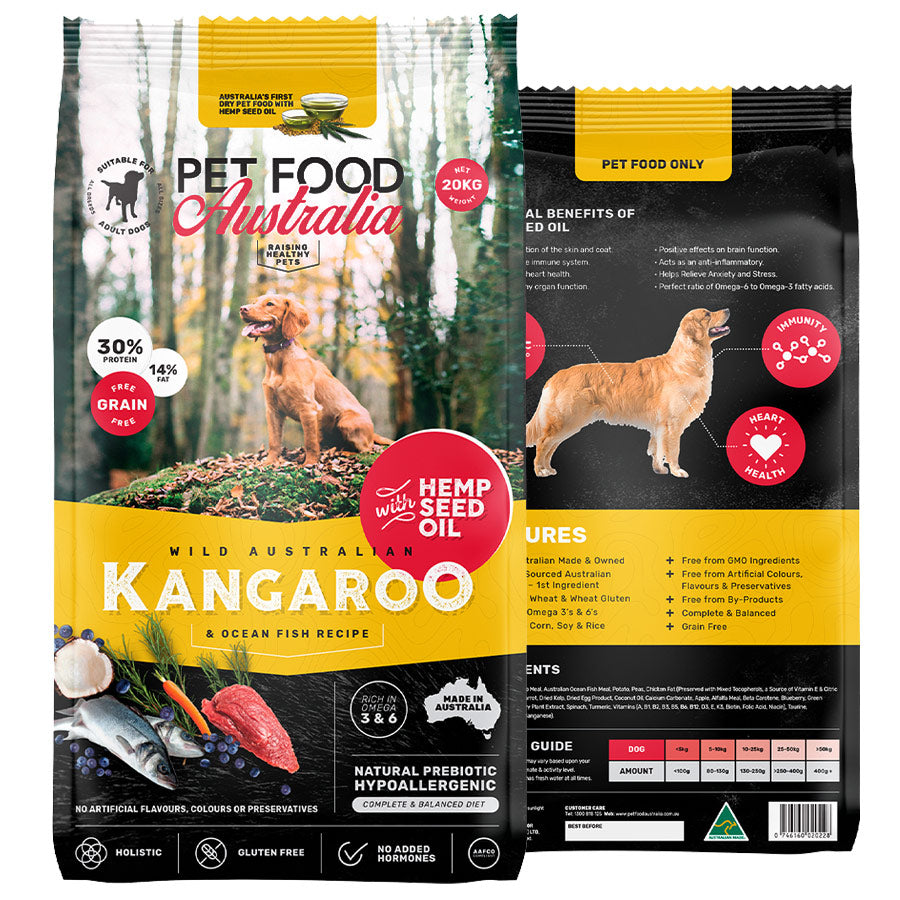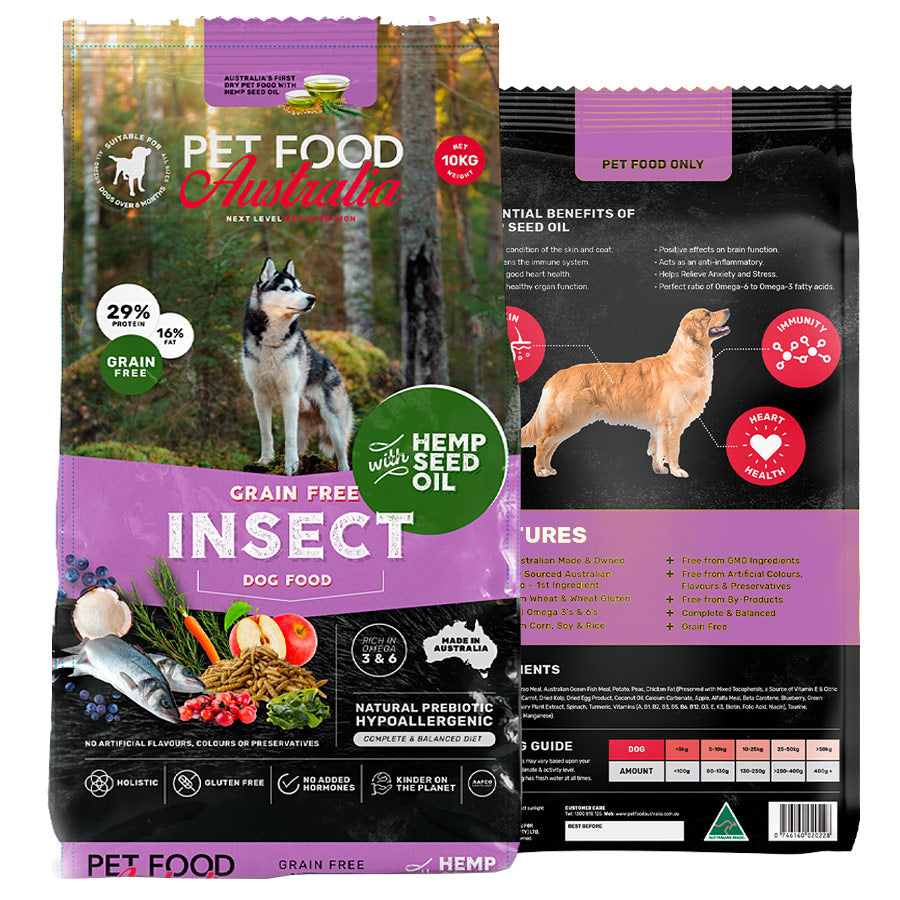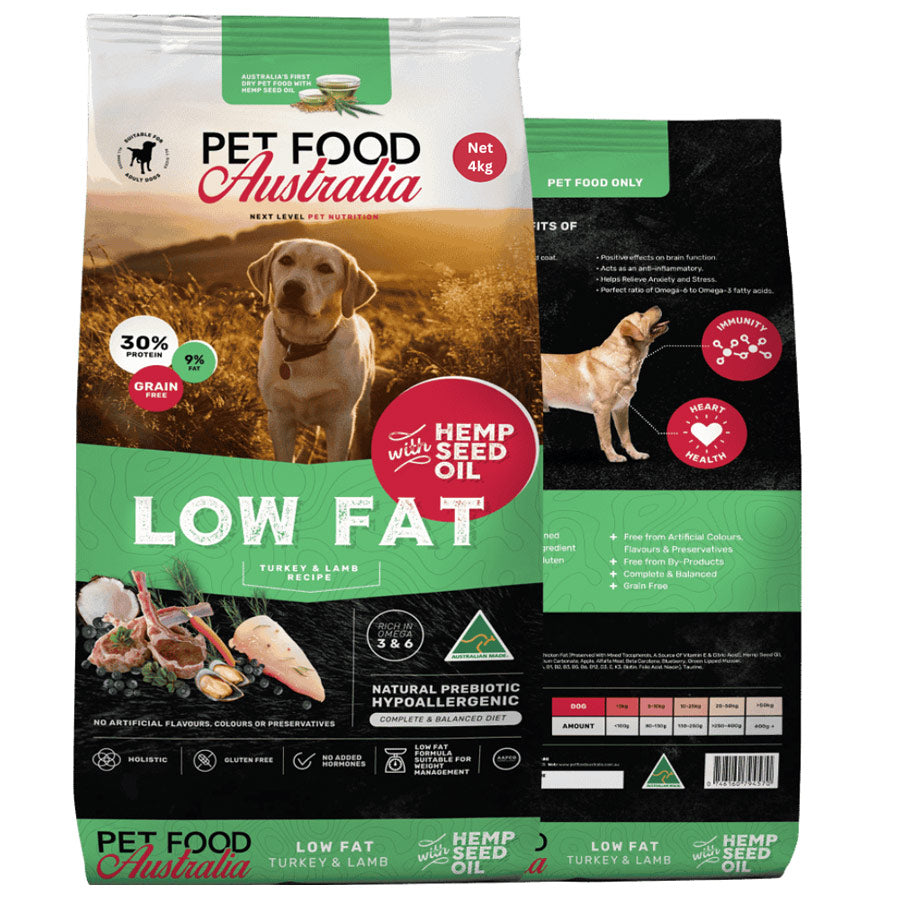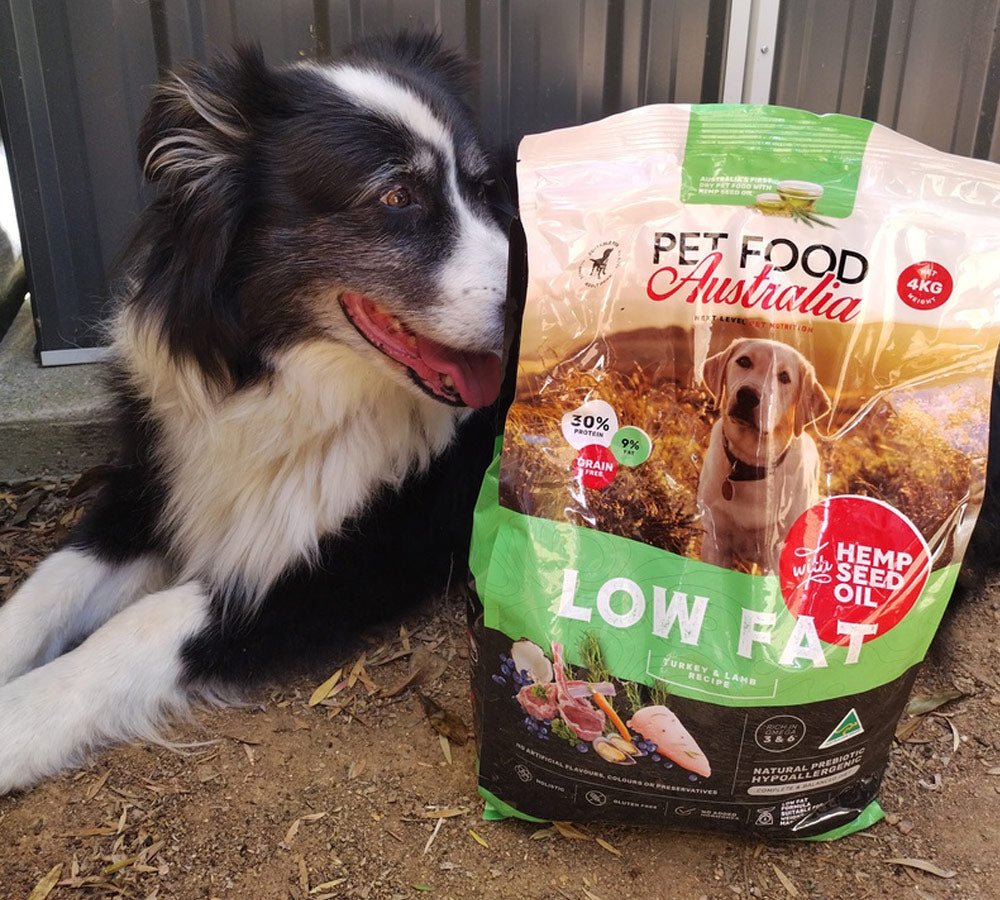Do Dogs & Cats Get Car Sick

Do Dogs & Cats Get Car Sick
Ahh yes, the age-old question asked by pet owners on a global scale: Do dogs and cats get car sick?
Embarking on a car journey can be an exhilarating escapade for both humans and their adorable furry friends. Yet, just like certain individuals, our precious dogs and cats can suffer from the dreaded motion sickness while on the road. As devoted pet owners, we must delve into the causes, be vigilant about the symptoms, and equip ourselves with the knowledge to prevent this car-related malaise in our beloved companions. After all, we want our car rides to be filled with joy and wagging tails, not upset tummies and sad meows. Let's dive in and discover how we can make every trip a delight for our four-legged adventurers!
Understanding Motion Sickness in Dogs and Cats

What is motion sickness?
Motion or travel sickness is a common condition affecting humans and animals. It occurs when there is a conflict between the signals received by the eyes and the inner ear, which are responsible for maintaining balance and orientation. This conflict can lead to feelings of nausea, dizziness, and discomfort.
Causes of motion sickness in pets
The exact causes of car sickness in dogs and cats are not fully understood, but several factors can contribute to its development. Some of these factors include:
Inner ear sensitivity:
The inner ear plays a crucial role in maintaining balance. Some pets may have a more sensitive inner ear, making them more susceptible to motion sickness.
Lack of exposure:
If a pet has not been exposed to car rides or has had limited exposure, it may be more prone to developing car sickness due to lack of habituation.
Stress and anxiety:
Pets that experience anxiety or stress, especially during travel, may be more likely to develop car sickness.
Visual stimulation:
Dogs and cats that focus on nearby objects or constantly move their heads during car rides can experience an increased risk of motion sickness.
Symptoms of car sickness in dogs and cats

Identifying the symptoms of car sickness in pets can help owners provide appropriate care and take preventive measures. Common signs of car sickness in dogs and cats include:
- Excessive drooling
- Nausea and vomiting
- Whining or vocalisation
- Panting and excessive sweating
- Restlessness or pacing
- Lethargy or inactivity
Factors that Affect Car Sickness

Several factors can influence the likelihood and severity of car sickness in dogs and cats. Understanding these factors can help pet owners take the necessary precautions:
Age and breed
Puppies and kittens are more prone to motion sickness than adult dogs and cats. Their developing inner ear and immature nervous system contribute to their increased susceptibility. Additionally, certain dog breeds, such as Bulldogs and Dalmatians, may be more predisposed to car sickness.
Previous experiences
Adverse experiences during car rides, such as sudden stops, rough driving, or long trips, can contribute to the development of car sickness in pets. Traumatic events associated with travel can create a negative association, leading to anxiety and motion sickness.
Anxiety and stress
Pets that experience anxiety or stress in general, including during travel, are more likely to develop car sickness. The anticipation of discomfort or previous negative experiences can trigger anxiety, exacerbating the symptoms of motion sickness.
Tips for Preventing Car Sickness in Pets

Taking proactive measures to prevent car sickness can help ensure a smoother and more enjoyable travel experience for both pets and their owners. Consider the following tips:
Gradual exposure and desensitisation
Introduce your pet to car travel gradually and positively. Start by allowing them to explore the stationary car, then progress to short drives around the neighbourhood. Gradually increase the duration of the trips to help them acclimate to the motion and reduce the chances of car sickness.
Proper ventilation and fresh air
Ensure the car is well-ventilated to minimise odours and stuffiness contributing to nausea. Crack open a window slightly to provide fresh air circulation, which can help alleviate symptoms of motion sickness.
Restraining pets safely in the car
Use a harness, crate, or carrier to secure your pet safely in the car. This prevents distractions for the driver and provides a sense of security for your pet, reducing anxiety and potential motion sickness.
Feeding and medication considerations
Avoid feeding your pet a large meal immediately before travelling, as a full stomach can increase the likelihood of car sickness. Instead, offer a light meal a few hours before the journey. Also, consult with your veterinarian about suitable medications or natural remedies that can help alleviate your pet's motion sickness symptoms.
Frequent breaks and short trips
Take frequent breaks during long journeys to allow your pet to stretch their legs, relieve themselves, and get some fresh air. Shorter trips can also help minimise the duration of exposure to motion and reduce the risk of car sickness.
Dealing with Car Sickness During Travel
Even with preventive measures, some pets may still experience car sickness. Here are some strategies to help manage car sickness during travel:
Comfortable accommodations
Make your pet's travel space as comfortable as possible. Use familiar bedding, toys, and blankets to create a sense of familiarity and security. Providing a quiet and well-ventilated area can help reduce anxiety and motion sickness.
Minimising anxiety and stress
Implement calming techniques to reduce your pet's anxiety during travel. This can include playing soothing music, using pheromone sprays, or providing a favourite blanket or toy for comfort.
Natural remedies for motion sickness

Some natural remedies can help alleviate the symptoms of car sickness in pets. Ginger, for example, has anti-nausea properties and can be given to pets in small amounts.
So to answer the question: ‘Do dogs and cats get car sick,’ the answer is yes.
Car sickness is a common condition that can affect dogs and cats during car travel. By understanding the causes, symptoms, and preventive measures, pet owners can help minimise the discomfort and anxiety associated with motion sickness. Gradual exposure, proper ventilation, and safely restraining pets are among the key strategies for preventing car sickness.
As always, if you have any questions or concerns you would like answered by the Pet Food Australia team, please don’t hesitate to contact us here.



